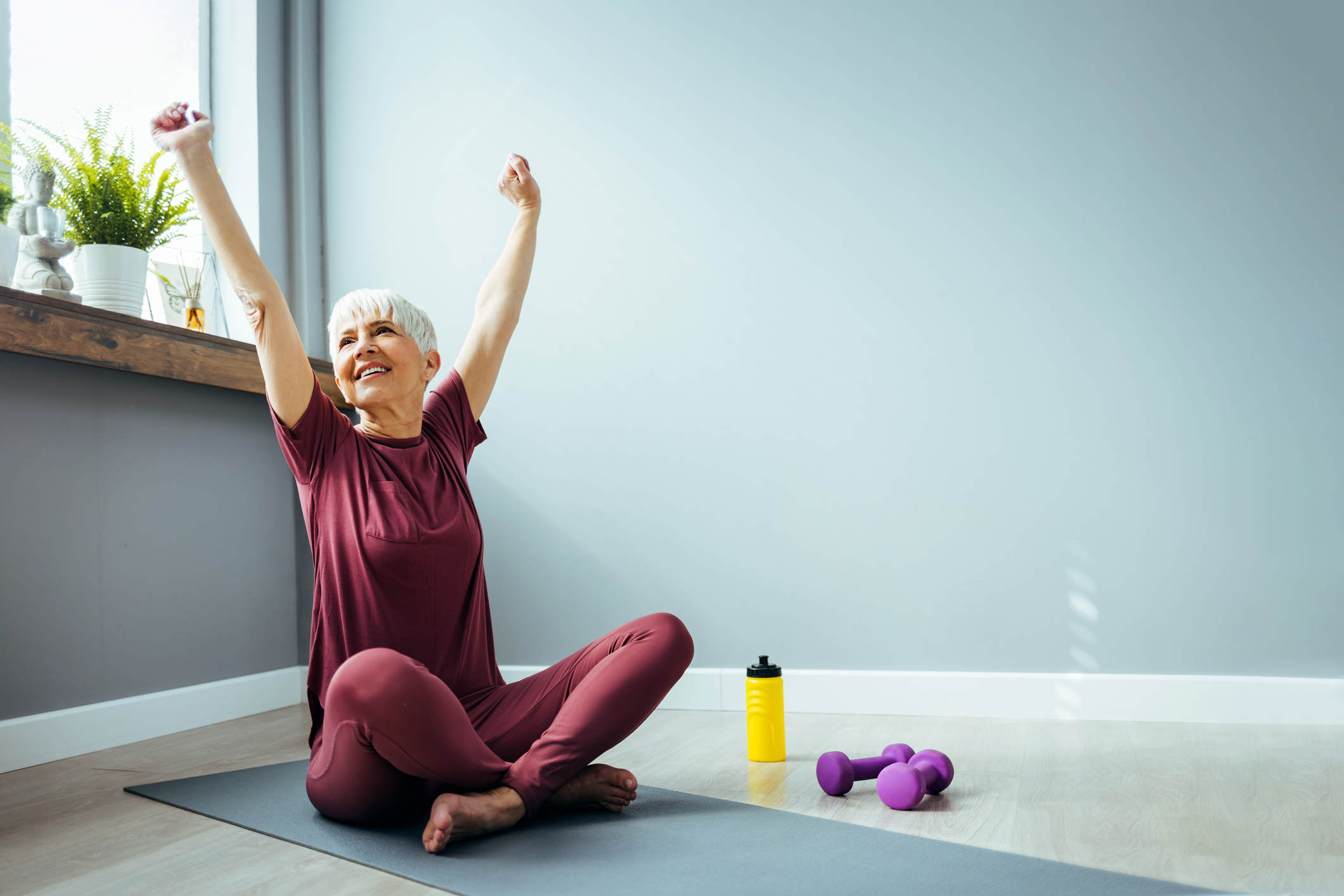
This content was originally produced for audio. Certain elements such as tone, sound effects, and music, may not fully capture the intended experience in textual representation. Therefore, the following transcription has been modified for clarity. We recognize not everyone can access the audio podcast. However, for those who can, we encourage subscribing and listening to the original content for a more engaging and immersive experience.
All thoughts and opinions expressed by hosts and guests are their own and do not necessarily reflect the views held by the institutions with which they are affiliated.
The Importance of Bone Health for Women
Get those bones as healthy as you can when you're young and they'll carry you the rest of your life. Learn about bone health, what you can do, what to avoid and why it matters, and the biggest threat to bone health in women.
We are living longer and moving less, and we all worry about whether our brains will go the distance, will we be able to speak for ourselves at the end? But, in fact, our bones may fail before our brains do. The lifetime risk of a bone fracture, hip, wrist, or spine, for a woman over 60 is almost 50%. Women in their 70s, 80s, and in their 90s who have a hip fracture, it is the number one cause for the need to be moved to a nursing home. And if a woman in her 80s or 90s fractures a hip, she has a 50% chance of dying in the next year.
Different Factors Can Affect Your Bone Health
It turns out things you can make a difference in are your activity, your alcohol use, your smoking, and whether you are eating and making your bones as strong as they should be by the time you're in your 30s. Our peak bone density is in our 30s. Bones remain strong through good nutrition, sunlight or vitamin D, and exercise. Women should eat right, maintain a healthy weight, avoid sodas, exercise a lot, and get out in the sun or take vitamin D. This is what you should do before you're 30 to make sure your bones reach their peak bone density. If you get to 30 with puny bones, you will really have puny bones by the time you're 70. It's not going to get any better after 30.
Maintaining Bone Health After Age 30
After our 30s, we should eat right, maintain a healthy weight and keep moving. People who drink, people who smoke lose bone density faster, and people who don't move don't keep their bones strong. After menopause, because here's where the real risk for fractures starts to happen. Eat right, so you need calcium and vitamin D in your diet, and get outside, but if you're not eating well or not getting in the sun because your dermatologist, who won the sun war, tells you not to, you can get vitamin D. Estrogens protects your bone density if you're taking estrogens, but after menopause your estrogens go down and you lose bone density.
Stressing your bones keeps them stronger — cross-train, jump, lift, and work in your garden. Just walking is weight-bearing exercise but you need to bend your bones a little bit, not so they'll break, but so that they'll get stronger. Balance training, keep your balance because after menopause women lose their sense of balance, so Tai-chi, yoga. If you're at normal risk, after 65 you should know your bone density and see if you need bone health. If you're at high risk, you're a smoker, a drinker, have had a fracture already, or have a family history of a fracture, or if you take some of those medications that make your bones thinner, then get your bone density checked earlier, talk with your doctor.
To all of you, get out of your chair, I'm getting out of my chair right now, and keep moving. This is Dr. Kirtly Jones, thank you for joining us on The Scope.
updated: April 7, 2023
originally published: October 8, 2013
More Answers and Resources for Your Women's Health Concerns
